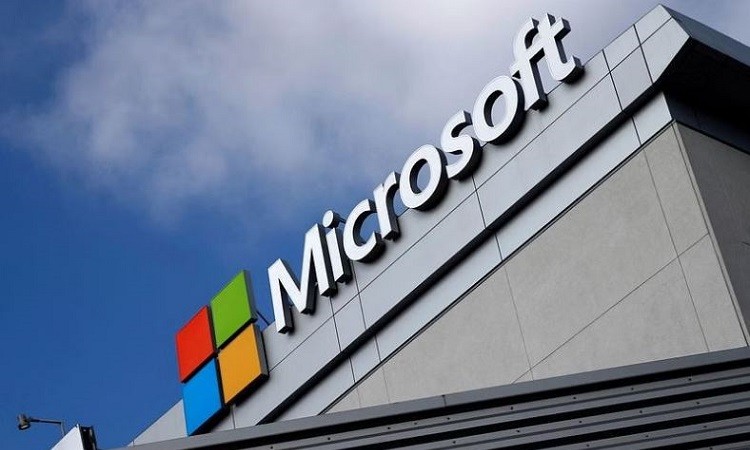
Microsoft said on May 10 that it has signed a power purchase agreement with nuclear fusion startup Helion Energy to buy electricity from it in 2028.
The agreement is a significant vote of confidence in fusion, which, if it can be harnessed and commercialized on earth, has the potential to produce virtually endless clean energy. Fusion is how the sun produces energy. Fusion has long been hailed as the ultimate source of renewable energy, tantalising because it is both endless and unpolluted yet always just out of reach.
In the first such deal for the power source that powers the sun but has remained elusive on Earth, Microsoft will receive electricity from private U.S. nuclear fusion company Helion Energy in around five years, the two companies announced on Wednesday.
More than 30 companes and government research facilities are competing to harness the power of fusion, which one day might enable the global reduction of greenhouse gas emissions. It could provide energy without generating radioactive waste that would last for a very long time, unlike current fission reactors.
When two light atoms, like hydrogen, are heated to extremely high temperatures and fuse into one heavier atom, a significant quantity of energy is released. Earthly fusion reactions have so far been transient and have used more energy than they have produced, although businesses have raised nearly $5 billion in private capital in their pursuit of net energy gain.
After a year-long ramp-up period, Helion's plant is anticipated to be operational by 2028 and will aim to generate 50 megawatts of power or more. On an average day, one megawatt can power up to 1,000 households in the United States.
"Fifty megawatts is a big first step of commercial-scale fusion, and the revenue feeds right back into us developing more power plants and getting fusion out on the grid both in the United States and internationally as fast as possible," said David Kirtley, the founder and CEO of Helion, based in Washington state.
Polaris, Helion's seventh-generation machine, should be online the following year and show energy production by fusing laser and magnet technology, Kirtleysaid. Helion became the first private firm to reach 100 million degrees Celsius (180 million degrees Fahrenheit) in 2021, and according to Kirtley, that temperature is nearly twice as hot as the ideal temperature for fusion.
Helion wants to use Helium 3, a rare form of the gas used in quantum computing, in contrast to many fusion companies who are looking to tritium, a rare hydrogen isotope, to help power reactions.
With Sam Altman, the CEO of OpenAI, contributing $375 million in 2021, Helion has already received more than $570 million in private funding.
In a press release, Microsoft Corp. vice chairman and president Brad Smith stated that Helion's work "supports our own long-term clean energy goals and will advance the market to establish a new, efficient method for bringing more clean energy to the grid, faster."
The financial and scheduling specifics of the power purchase agreement, as well as which Microsoft facilities will get electricity produced through fusion, were not disclosed by the businesses.
Kimberly Budil, the director of the Lawrence Livermore National Laboratory, which is testing fusion, stated in December of last year that a few decades of study and funding would enable scientists to construct a power plant.
The Nuclear Regulatory Commission's (NRC) design and construction approvals, as well as state and local permissions, are still required for Helion. But the NRC's decision last month to split fusion regulation from that of fission, a move supporters say could shorten the time it takes to approve licences, was welcomed by the fusion industry.
Nothing about fusion has been simple, according to Andrew Holland, president of the Fusion Industry Association, and it's possible that timing provisions were included in the power purchase agreement. The agreement, he claimed, showed that trust is growing.
In an interview, Holland said that "the business world is starting to understand that fusion is coming and perhaps sooner than a lot of people thought." It's a sign of hope that Helion and other businesses producing proof-of-concept machines are on the right track.